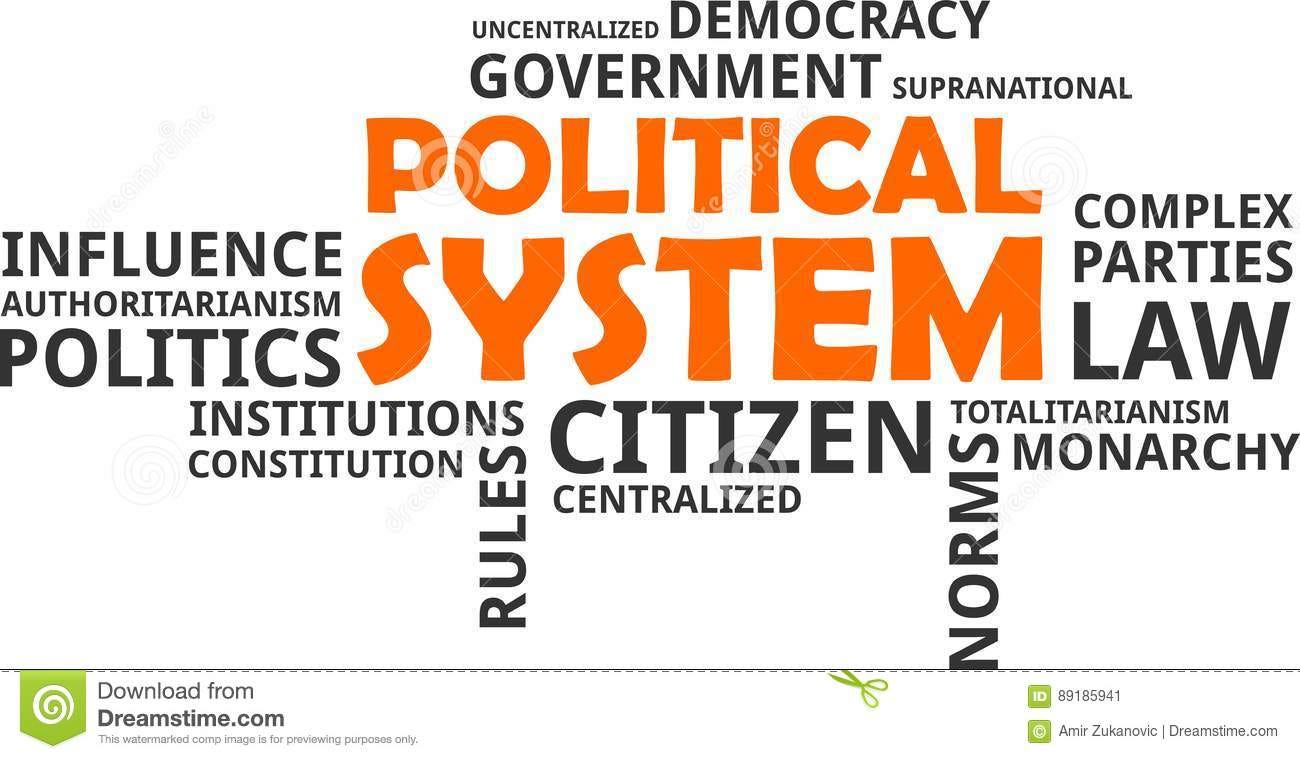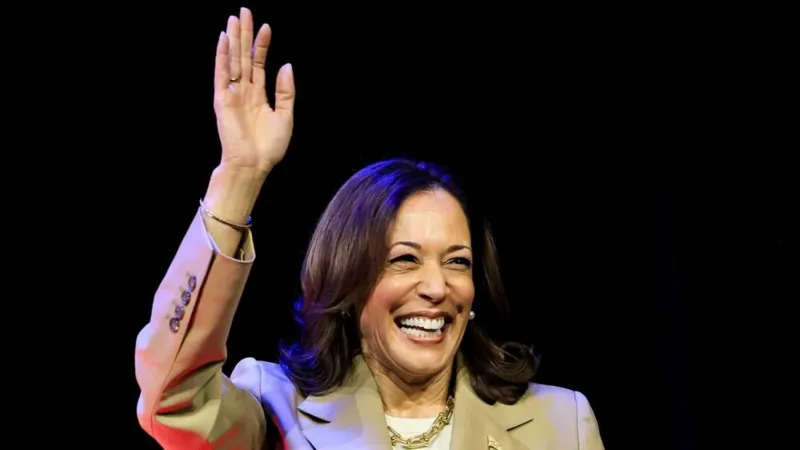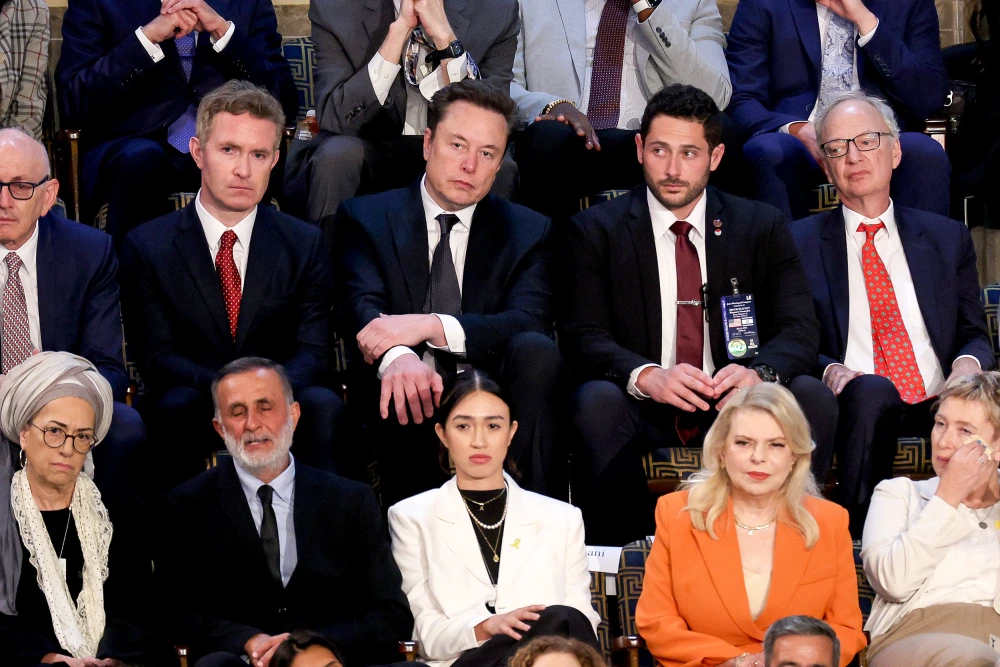Political systems are the frameworks through which governments are organized and operate. They vary widely across different countries and regions, reflecting diverse historical, cultural, and social factors. Here’s a comparative overview of some of the most common political systems:
Democracy:
- Definition: A system of government in which the people hold the ultimate power, either directly or through elected representatives.
- Types:
- Direct democracy: Citizens directly participate in decision-making through assemblies or referendums.
- Representative democracy: Citizens elect representatives to make decisions on their behalf.
- Key Characteristics:
- Regular elections
- Freedom of speech and assembly
- Rule of law
- Protection of human rights
Autocracy:
- Definition: A system of government in which a single individual or small group holds absolute power.
- Types:
- Dictatorship: A single person holds absolute power.
- Monarchy: A system where a monarch rules, often with limited or symbolic power in constitutional monarchies.
- Key Characteristics:
- Lack of political pluralism
- Suppression of dissent
- Limited civil liberties
Oligarchy:
- Definition: A system of government in which a small group of people holds power.
- Key Characteristics:
- Unequal distribution of wealth and power
- Limited political participation
- Often associated with corruption
Theocracy:
- Definition: A system of government in which religious leaders hold power.
- Key Characteristics:
- Based on religious law and principles
- Limited separation of church and state
Federalism:
- Definition: A system of government where power is divided between a central government and smaller, regional governments.
- Key Characteristics:
- Decentralization of power
- Shared sovereignty
- Examples: United States, Canada, Australia
Unitary System:
- Definition: A system of government where power is concentrated in a central government.
- Key Characteristics:
- Centralization of authority
- Limited regional autonomy
- Examples: United Kingdom, France, China
Conclusion:
Political systems are complex and constantly evolving. Understanding the different types of political systems can help us better understand global politics and the challenges faced by different countries.



